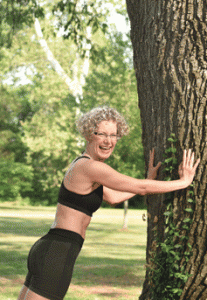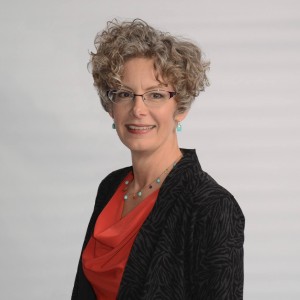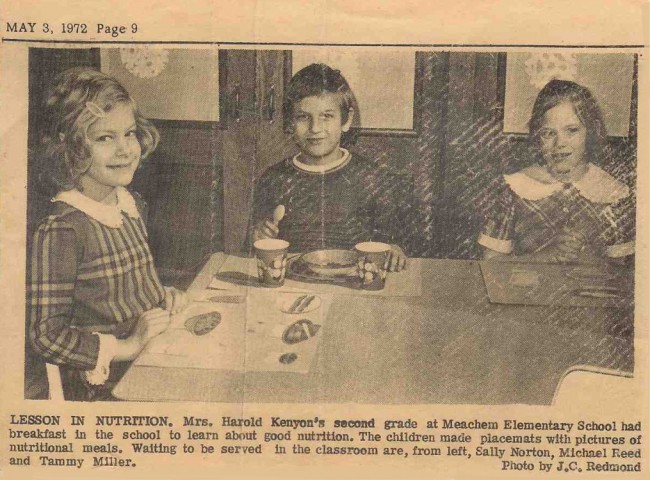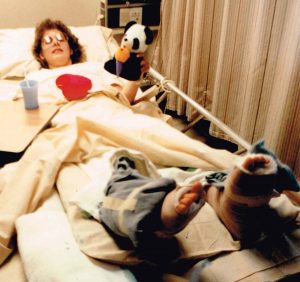My story is an example of how eating wholesome foods and living a healthy lifestyle doesn’t necessarily build health. I wanted a body that would let me work and play to my heart’s content. But my best efforts to achieve that failed.
Vegetables and healthy eating were always my thing, even as a very young girl. Just ask my Mother. As a kid I was easy to feed and not picky at all. I was always enthusiastic about Mom’s balanced, home-cooked meals. I would sometimes skip dessert. Having filled up on the healthy stuff, I wanted to go back outside to play!
Plagued with Pain and Health Troubles
Despite my love of healthy foods, I suffered through three decades of pain and health challenges, from the time I was 12. Over the years, I have had chronic foot, joint, muscle, and back pain; sinus infections; irritable bowel syndrome; thyroid problems; reproductive problems; and bleeding problems leading to iron deficiency. I became highly allergic generally and sensitive to chemicals. Until my doctor sent me to a sleep lab, I didn’t even know that my brain was waking up 29 times an hour every night.
By 2009, the fatigue had become so bad, I was losing my ability to read or concentrate. Intense back pain turned even sitting into torture, and bleeding kept me tied to the bathroom.
These health challenges eventually forced me to quit my research faculty position at the Virginia Commonwealth University Medical School’s Department of Social and Behavioral Health.
My dalliances with a wide-range of health care providers, surgeries, orthotic appliances, physical therapy, prescription drugs, and other care options failed to help. But to my surprise, a specific change of diet finally did.
A Re-Education Was Needed
My college studies in nutrition and my work for a graduate degree in Public Health didn’t teach me about the problem. Because many of the assumptions I did learn in school were wrong, it took some desperation for me to open my mind and experiment with the low-oxalate diet. Based on data published by The VP Foundation, I carefully replaced high-oxalate “healthy” foods with similar but low-oxalate foods that were just as nutritious (and probably even more nutritious—I’ll soon have a blog post about that).
Surprising Results
I quickly felt better.
The shift to a low-oxalate diet improved my sleep, eliminating the key problem that had brought my career to a standstill. I knew absolutely nothing about this possibility!
I could read again.
 And my feet, 30 years after foot surgery, got better too—better enough to wear high heels for the first time just seven months after starting the diet in 2013. I was feeling much younger, instead of 30 years older.
And my feet, 30 years after foot surgery, got better too—better enough to wear high heels for the first time just seven months after starting the diet in 2013. I was feeling much younger, instead of 30 years older.
I was better enough to apply my own research skills to understand the relationship between oxalates and my years of pain. And better enough to share what I’ve learned about simple diet changes that can relieve or completely eliminate many painful, long-standing health problems.
We Need Better Information to Build Health
My health problems were once mysterious. The solution was wildly unexpected and in stark contrast to common wisdom. But things are not always as we have been led to believe. Current preconceptions about wholesome eating make the oxalate story puzzling, radical, and, to people who value scientific inquiry, super interesting.
Please join me in learning accurate information about oxalates and how to keep them from harming your health and stealing your happiness.
How To Triumph
Be fierce in your self-care. If you follow your body’s lead, it will reward you!
Overview of the low-oxalate diet.
35 Years of Health Education and Research
 I decided at age 12 to study nutrition so I could help people avoid illness. Since then, I’ve been researching what we should eat for vitality, performance, and disease-free longevity. Here are some career highlights:
I decided at age 12 to study nutrition so I could help people avoid illness. Since then, I’ve been researching what we should eat for vitality, performance, and disease-free longevity. Here are some career highlights:
- Bachelor of Science in Nutrition, from Cornell University, and
- Master of Public Health Degree, from the University of North Carolina (UNC) Chapel Hill
- Managed five-year, National Institute of Health-funded program at the UNC Medical School. This project educated students and faculty about holistic, alternative, and integrative healing.
- Clinical consultant on a team incorporating holistic healing into care plans for critically ill patients.
- Contributing author and managing editor for a series of monographs on integrating complementary healing practices into conventional medical care.
- Promoted health among inner-city youth and adults in Cleveland.
- Researched the effectiveness of a health promotion program for elders in poor rural communities for the UNC Program on Aging.
- Faculty member of the Virginia Commonwealth University (VCU) Department of Social and Behavioral Health. At VCU, I supported research design, managed grant proposal development, and project administration. I helped build a thriving research program in less than three years, with over $12 million in research awards.

Please look around
Here you can learn from my painful experience and perhaps find the secret to your own recovery!
Free Article Reprint: When Healthy Isn’t

